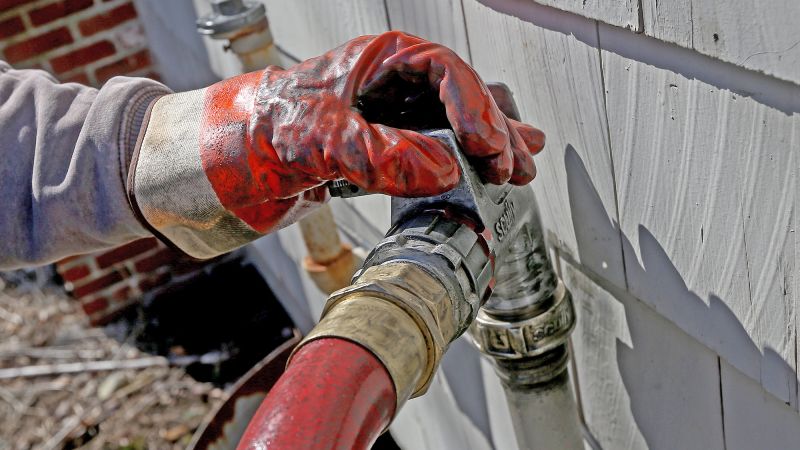When an Arctic blast hit Massachusetts earlier this month, the phones started ringing more frequently at Citizens for Citizens. Desperate residents in the southeastern part of the state needed help with their mounting energy bills.
But the nonprofit group had to tell many of the callers that it could not rescue them this time. Congress is on track to allocate $2 billion less for the Low Income Home Energy Assistance Program, known as LIHEAP, so Massachusetts has been forced to cut the amount of aid it can give people in need.
Last year, residents who heat with oil could get up to $2,350 of their tab paid, while those who use electricity or natural gas could get up to $1,550. But this year, the maximums are $1,500 and $1,000, respectively. So folks who already received the maximum amount of assistance but need another oil delivery, for instance, are out of luck.
“It’s January, and people are cold,” said Liz Berube, Citizens for Citizens’ executive director, who is also seeing more first-time applicants this winter.
“It’s heartbreaking for us to tell someone we don’t have anything for you.”
The drop in federal funding for LIHEAP comes at a time when the number of people behind in their utility bills and the amount of money they owe are at record highs, according to the National Energy Assistance Directors Association, which began tracking these figures when arrearages exploded at the start of the Covid-19 pandemic in 2020.
Some 21.2 million households – or more than 1 in 6 in the US – owed money on their electricity bills in December, up from 20.1 million a year earlier. Electricity and natural gas arrearages combined hit $20.3 billion, up from $17.8 billion the year before.
Also, the demand for LIHEAP is at historic levels. It served 7.1 million households in fiscal year 2023,…
Read the full article here

Leave a Reply